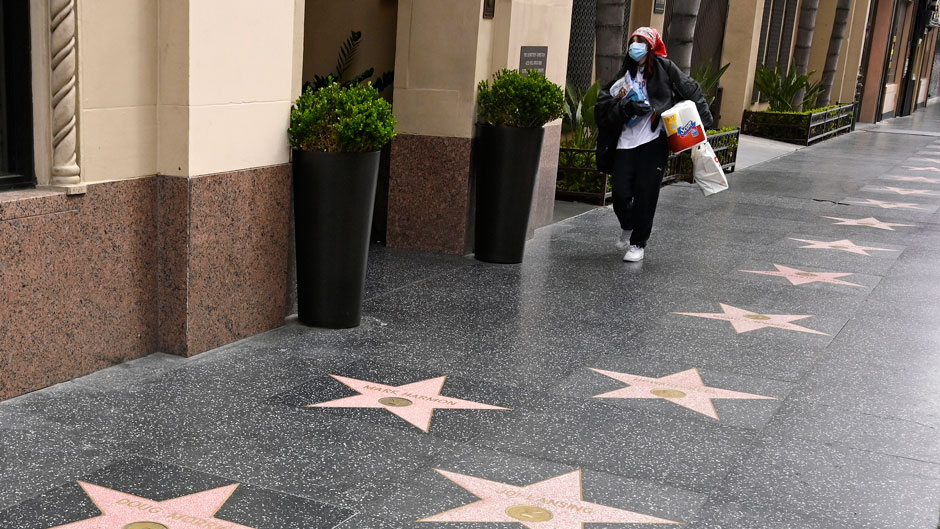With the spread of COVID-19, everything that makes a celebrity’s career—from concerts to movie premieres—has been cancelled, leaving them struggling to maintain their brand image.
“I would say, as a whole, they seem very disconnected. Some of them really don’t know what to do with their identity during this situation,” said Aquiles Este, lecturer at the University of Miami Patti and Allan Herbert Business School.
Este, who teaches a brand content management course, explains how the phenomenon of the virus is a powerful equalizer.
“Nobody is spared. It affects everyone no matter who you are all over the world. It’s amazing how you realize the idea that we are all so similar at the end of the day,” he added.
Although Este said that the pandemic displays our similarities, it also exhibits our different circumstances.
“This crisis shows disparities that unfortunately afloat during these kinds of collective disruptions,” he said. “If you have access to resources and the access to science and technology, those who have more money and public relevance are going to get healthy first.”
According to Winston Warrior, director of strategic communications and marketing for the School of Education and Human Development, many celebrities are receiving backlash on some of the content they’re posting because many people think they are, “out of touch with reality and displaying opulence.” He explains that there are others though, who are using their posts to make a positive impact. Warrior believes that authenticity in their messages to their audience is key.
“Celebrities who didn’t establish an authentic brand before COVID-19 are struggling to connect with their audience, whereas the ones who were perceived as being in touch with people from the beginning, are doing the best and benefitting more from positive reaction,” he said.
Este believes that students who took his brand content management course could learn from this current situation that celebrities are living through.
“The most difficult cases of content management are brand crisis. Timing is of the essence, and there’s no room for mistakes. It’s good for students to learn from these mistakes and blunders that many influencers are currently making,” Este said.
Warrior, who is also a social media and brand micro-influencer, said he has been able to adapt his content to the circumstances easily.
“I’ve found myself getting innovative and evolving as an influencer once again,” he said.
Warrior believes that micro-influencers, like himself, are the ones who are the most relatable during this period.
“I’m just a regular person who has a story to tell and may have insight that is interesting to viewers who come across my page,” he explained. “I’m actually getting exposed to more people because viewers have more time to discover and realize which influencers personally appeal to them.”
Long term, Este thinks that high profile celebrities will have to learn how to rebrand themselves to keep up with the changing times.
“It’s going to be a long time before people can go to concerts and shows, so they’re going to have to reconsider their own business model to be able to get through this crisis which is probably going to keep affecting their industry,” Este said. “It will be interesting to see what they do.”

